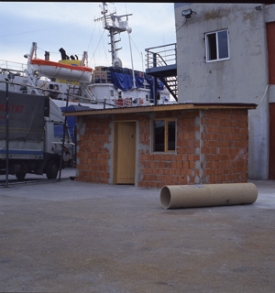A new article on slum tourism has been published in ‘Annals of Tourism Research‘. It is titled ‘Responsible slum tourism: Egyptian Experience‘ and was written by dr. Moustafa A. Mekawy. This is one of the first publications dealing with the concept of slum tourism in an Egyptian context and therefore should prove an interesting read.
Abstract
This paper aims to evaluate stakeholders’ views on the potential role that slum tourism and its associated products can play in enhancing living conditions in slums in Egypt. Empirical results were obtained using two quantitative surveys: one to investigate dwellers’ perceptions and a second to select appropriate pro-poor products based on stakeholders’ preferences. Findings show that inhabitants have positive attitudes toward the possibility of benefiting from slum tourism, but they differed in their ranking of the appropriateness of related pro-poor products. Based on findings, authorities should develop appropriate slum tourism products and typologies, as a planning threshold, to enhance living conditions of dwellers. A useful planning way of drawing ties between slum types and typologies is presented.
The article can be found at the website of Annals of Tourism Research
 As mentioned in the
As mentioned in the 

